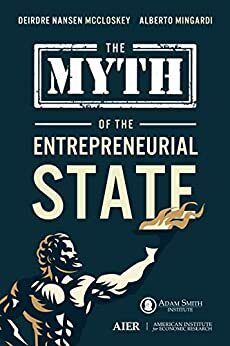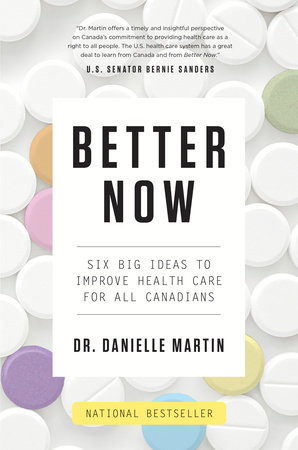Better Now. SIX BIG IDEAS TO IMPROVE HEALTH CARE FOR ALL CANADIANS
Morris Barer and Bob Evans first coined the term “health care zombies” in 1998. A health care zombie is a terrible idea about health care that refuses to die. No matter how many times you drive an evidence-based stake through its heart, it rises from the (un)dead to confront you in the newspapers of the nation, ruining a perfectly good morning cup of coffee.
These ideas have often been proposed as solutions to the pressures on our health care system. But they’ve all been shown, time and time again, to weaken health care quality and sustainability. They also undermine our shared values.
These words sound familiar in our context. However it comes from a canadian book.
A canadian physician reflects her views in a well written book about the health reform. It says:
When care is necessary to improve health, every Canadian deserves reasonable access to it. That means solutions to wait times that help everyone, not just people who can afford to pay for their care. And it means finally bringing medicines under medicare. Across the country, people like Ahmed the taxi driver are forced to sacrifice their long-term health because of the short-term crunch of prescription drug costs. Alongside that profound inequity lives the uncomfortable truth that we pay some of the highest prices in the world for our prescription medicines. Only our governments can take the necessary steps to establish a national pharmacare program that would ensure access, safety, and appropriate use of medicines at a cost that is affordable not just for governments, but also for citizens and for employers.
It is quite incredible that canadians don't have drugs in the benefits package. And this is the outline of the book:
THE BASICS
Dr. Martin Goes to Washington
Getting Our Facts Straight
Taking the Pulse of the System
Health Care Zombies
BIG IDEA 1 Abida: The Return to Relationships
Primary Care: When It Works, It Works
Three Relationships for Health
Rewarding What Matters
BIG IDEA 2 Ahmed: A Nation with a Drug Problem
Medicare’s Unfinished Business
The Price Is Wrong
Prescribing Smarter
BIG IDEA 3 Sam: Don’t Just Do Something, Stand There
The Compulsion to Cure
Slow Medicine
BIG IDEA 4 Susan: Doing More with Less
The Revolving Door of Health Care
What Better Looks Like
The F-Word
BIG IDEA 5 Leslie: Basic Income for Basic Health
Sick with Poverty
Curing Income Deficiency
BIG IDEA 6 Jonah: The Anatomy of Change
From Pilot Project to System Solution
Data: The Brain of the System
The Heart of the Matter
Feet to Do the Walking
CONCLUSION Worthy Action


















